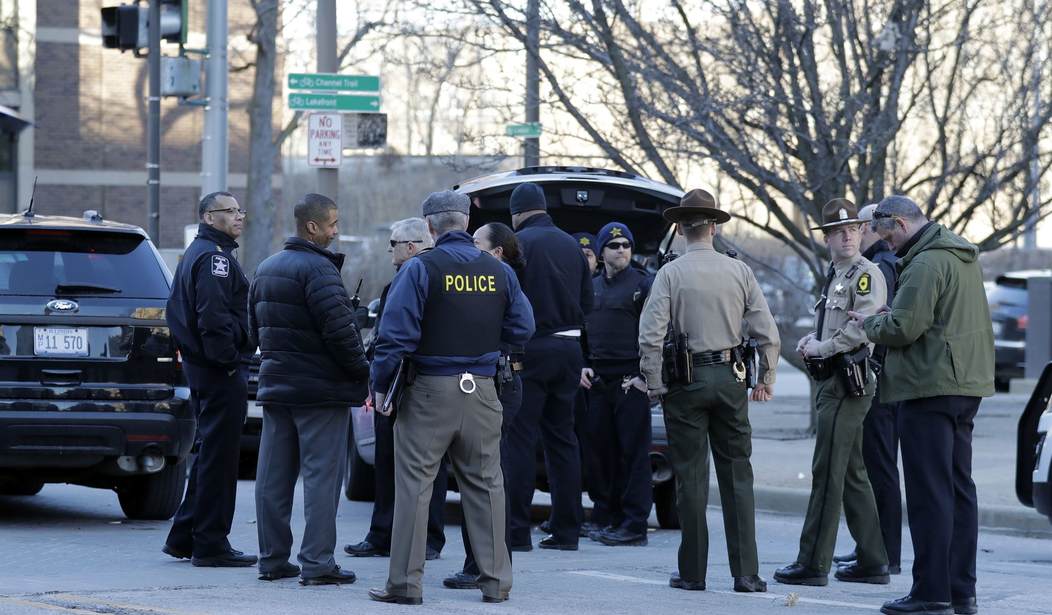I still remember the first account I read of someone being swatted. It was Erik Erikson, who wrote about how the police showed up after someone called and claimed Erikson had murdered his family. I read, horrified, and wondered what it must be like for someone to have to deal with this. Almost immediately, I could see how the incident could have gone very wrong.
Since then, I’ve read and heard about numerous cases of people being swatted.
Now, with much of the discussion focused on what many call “police violence” in the media, T.C. Sottek over at The Verge figured it was time to talk about this in the context of swatting.
Americans in all 50 states are protesting against police brutality. That alone should be all anyone needs to know that something is gravely wrong and that police violence has touched every community in the nation. And yet, as people continue to deny what they are seeing, it’s important to remember the reasons why police brutality is undeniable. One of those is the internet’s favorite way of making a death threat: calling on SWAT teams to terrorize people in their homes.
…
It’s important to understand that police raids like this did not appear overnight once people started increasingly making hoax calls. It had to already be a feature of American policing: a ready-made infrastructure that could be exploited by modern trolls and wrongdoers.
…
Another routine feature of these raids: Police often don’t even knock on people’s doors before entering, drastically increasing the chances that someone will be killed, either accidentally or intentionally. Despite the Supreme Court rebuking this practice, the court carved out an exception that has been exploited by police across the country. Two months before the killing of George Floyd, Kentucky police broke into the home of 26-year-old emergency room technician Breonna Taylor and shot her eight times, killing her. As police expert Radley Balko reported, Kentucky police didn’t even bother meeting the bar set by the exception, and executed an illegal no-knock warrant before killing Taylor. Even when it’s easy for police to follow laws that give them immense power, they often don’t even bother meeting these lowest expectations.
Now, I’m pretty sure Sottek and I don’t agree on much, and while I feel like he goes a little too far at points in this piece, particularly in trying to tie swatting to race, he still makes a good point about swatting in general.
The act of swatting is an act of violence. The difference is the person committing the swatting is trying to commit violence by proxy, using law enforcement as their weapon.
In many cases, the attempt at swatting doesn’t work, thankfully, but even in failing to cause injury or death, they create a massive headache. Plus, some trolls engage in many swatting attempts of an individual, something that may slow response times should anything actually happen at those addresses.
Swatting is a significant problem, even if they’re still fairly isolated incidents, especially for the Second Amendment community. After all, if you hear your front door kicked in at three in the morning, are you going to assume it’s the police? Or, are you going to figure it’s someone breaking in and respond with your firearm?
Now, imagine the officer who is executing a no-knock warrant on a house they believe has a violent individual in it when the homeowner starts shooting at the dark-clad intruders.
Yeah, it can get messy very quickly.
Unfortunately, while legislators in various places have tried to deal with swatting, their efforts are generally along the lines of stiffer punishments for people caught swatting. Since so many people who do these crimes think they’ll get away with it, those are pretty well useless.
While right now, people are talking more about people like George Floyd and Breonna Taylor, and for understandable reason, this is a topic we should have a conversation about as well.








Join the conversation as a VIP Member